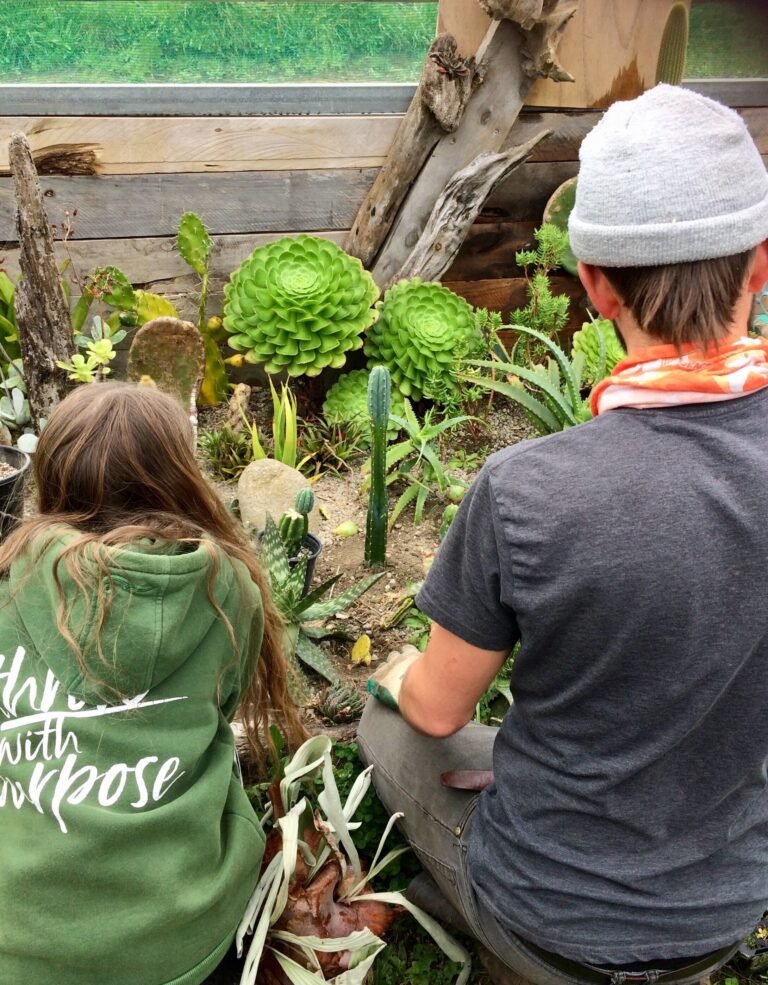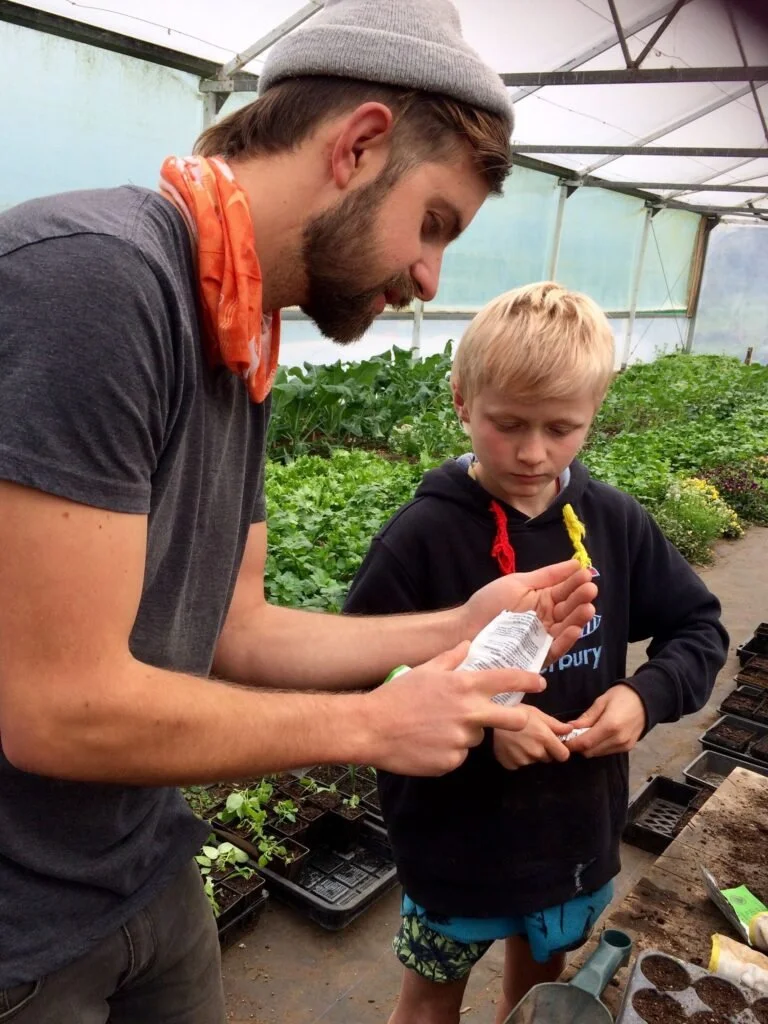Emma Vos - Research Scholar Blog
June 30, 2022
Emma is a scholar from Europe who has been with us at Green School NZ for the past two months looking into what makes Green School pedagogy unique, as well as discovering what it takes to foster the growth of environmental changemakers. Her visit is part of her Masters programme focusing on climate change and global sustainability, with specific research focused on Ecopedagogy.
Working within the Green School ecosystem, it’s hard not to reflect on how it compares to my own early education experience. In quite an unprofessional way, I feel rather jealous of the learners at Green School. Although completed not too long ago, my early education has felt somewhat outdated since my discovery and interaction with alternative sites for learning. In more recent years, I have situated the transmissive nature of much pedagogy at the heart of my disappointment. This is to say, the simple transfer of information no longer feels optimal when it comes to fostering a place of growth for future leaders.
Transmissive pedagogy assumes that our systems are whole, secure, and successful. By celebrating absoluteness, it indirectly punishes critical thought and nuance. It relies on a staticness, a security that what is true today will still be true in 10 years – which we simply do not see reflected back in today’s societies. In many ways, the only thing that has certainty is the urgency with which we will have to address the climate crisis.
Transformative learning on the other hand, feels a lot more timeless and capable of blending the modern-day arenas of profession and education. In other words, a systems thinker will never be unfashionable. There is no urban designer that doesn’t need to consider resilience building, investor unaware of green bonds, or designer not grappling with the sustainability of materials. What once had to be condensed into a single job, that of a CSR (corporate social responsibility) employee, now bleeds into all sectors and levels of our economic fabric – and there is a real hunger in society for individuals able to see beyond and between disciplines and discourses.
In my time at Green School, I have observed how students become familiar with learning that is grounded in their directly lived contexts, and experience education that is explorative, open-ended and adaptive. I have also witnessed an endless amount of kindness, championing, and patience in learners for themselves, but most importantly one another, which is undoubtedly incredibly contagious. I believe that these make up some of the core pillars from where new knowledge is co-created and designed as community centred, and subsequently, where we find the skills relevant to exist in and shape present and future societies.


